
Speakers
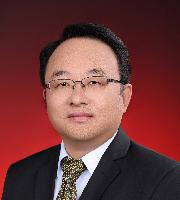
Prof. Rui Jiang
Beijing Jiaotong University
Biography: Rui Jiang received the B.E. and Ph.D. degrees from the University of Science and Technology of China, Hefei, China, in 1998 and 2003, respectively. He was an Alexander von Humboldt Research Fellow from 2005 to 2006 and the Japanese Society for Promotion of Science Research Fellow from 2008 to 2009. He is currently a Professor with the School of Systems Science, Beijing Jiaotong University, Beijing, China, where he is involved in the fields of traffic flow theory and intelligent transportation systems. He has published over 100 papers in journals and conference including TS、TR Part-A/B/C/D/E、POM、IEEE TITS、ISTTT. He serves as an Editorial Board Editor for Transportation Research Part B, an Academic Editor for Journal of Advanced Transportation, an Editorial Board Member for Physica A, and an Associate Editor for Transportmetrica A.
Title:Mixed Traffic of Human Driven and Automated Vehicles: Experimental Study and Simulation
Abstract: This paper aims to study how the automated vehicles (AVs) impact the traffic oscillation growth in a mixed platoon of human driven vehicles (HVs) and AVs. To this end, we perform an experimental investigation complemented by extended simulation studies. In the experiment, the leading vehicle moves with a constant speed as a moving bottleneck, while the following vehicles consist of six programmable AVs implementing to a constant time gap car-following policy, uniformly distributed among varying numbers of HVs. Thus, the market penetration rate (MPR) of AVs decreases with the platoon size increases. The experimental results indicate that at high MPRs, AVs effectively suppress the growth of oscillations. However, the dampening effect diminishes abruptly and almost vanishes as the MPR decreases from 67% to 50%. In contrast, traffic throughput exhibits an approximately linear relationship with MPR. A simulation study is conducted to reproduce these findings. A good agreement with the experimental results validates the simulation study. The simulation study is then extended to a broader range of scenarios, yielding several insights: (i) the position of AVs within mixed platoons has subtle effects on overall flow rate but significantly impacts oscillation growth; (ii) fine-tuning upper-level control parameters can potentially reduce oscillations while also enhancing throughput; (iii) the synergy between automated driving and vehicle-to-vehicle communication has the potential to further attenuate traffic oscillations.
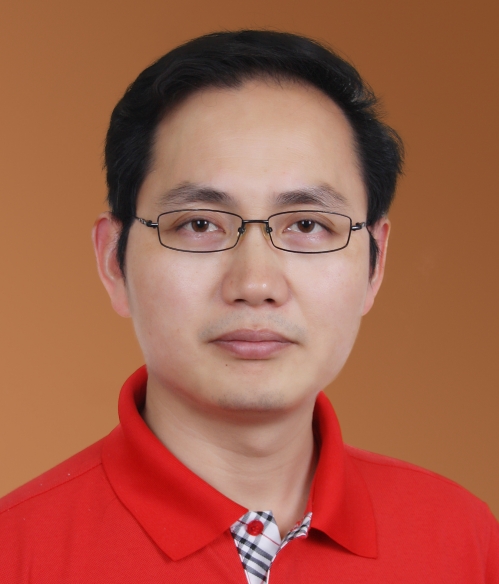
Prof. Xiaoning Zhang
Tongji University
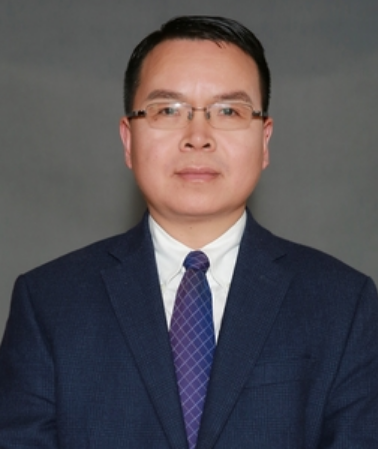
Prof. Yingen Ge
Chang’an University
His research is interdisciplinary in nature, applying theories, models, and methods from management science and operations research to address transportation problems. His work primarily spans the fields of transportation management, traffic and environment, international transport and logistics, transportation economics and policy, as well as transportation modeling and applications. To date, he has published over 150 academic journal papers.
Since 2010, he has led one major project supported by the Lloyd’s Register Foundation, two key projects funded by the National Natural Science Foundation of China (one of which is a Sino-European international cooperation project), two general projects, and five international collaboration and exchange projects. He has also presided over two provincial/ministerial-level projects and participated in three national-level major and key projects. He possesses extensive experience in both high-level academic research and practical transportation modeling, software development, as well as integrated land-use and transportation planning consultancy. Furthermore, he maintains broad international connections.

Guilin University of Electronic Technology
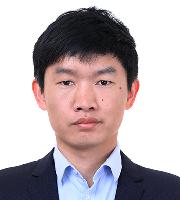
Assoc. Prof. Haodong Yin
Beijing Jiaotong University
In recent years, Dr. Yin has led 16 research projects, including 3 National Natural Science Foundation of China (NSFC) projects and 1 key project under the Beijing Natural Science Foundation-Fengtai Joint Fund. He has also overseen more than 10 enterprise engineering projects, commissioned technology development initiatives, and technology transfer projects in the rail transit industry. He has published over 30 SCI-indexed papers in journals such as Transportation Research Part C, Transportation Research Part E, and IEEE Transactions on Intelligent Transportation Systems. Dr. Yin holds more than 20 authorized invention patents and 20 software copyrights. His research achievements have earned him the 2024 CTS Best Paper Award and inclusion in the 2023 Capital Frontier Academic Achievements. He has also received 7 scientific and technological awards, including the Second Prize of the China Railway Society Science and Technology Progress Award, the Second Prize of the Urban Rail Transit Association Science and Technology Progress Award, and the First Prize of the Beijing Rail Transit Society Science and Technology Progress Award.
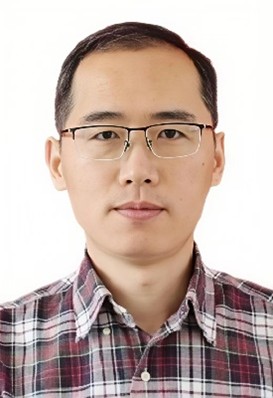
Assoc. Prof. Changhong Zhou
Guilin University of Electronic Technology
Dr. Zhou’s research focuses on the digitalization and intelligentization of transportation infrastructure, covering nonlinear computational theory, intelligent inspection technologies, high-performance material development, and smart asset-management systems. He has led three projects funded by the National Natural Science Foundation of China (NSFC) and participated in eight others; he has also headed two provincial/ministerial-level projects and been involved in more than 30 other research programs. He has authored over 40 peer-reviewed journal articles, published two monographs, contributed to three textbooks, and helped compile three technical standards, while filing for and being granted 30 invention patents.
He has served on the technical committees of the World Transport Convention (WTC), the International Conference on Road and Airfield Pavement Technology (ICPT), and the Chinese European Workshop on Functional Pavement Design (CEW), among others, and is one of the founders of the National Symposium on Mechanics and Numerical Simulation of Pavement Materials.